
Dogs tend to start displaying guarding behavior even during its puppyhood. Find out more about this behavior and how it affects your pet...
The habit of jealously guarding objects starts in a dog during its puppyhood. Owners may fail to notice, or think it cute for an adolescent dog to be protective of a possession or of a household item. In fact, this type of behavior is not suppose to be totally absent in a dog anyway. It is natural for dogs to be protective, since they know full well that if something is gone, there's no chance of getting it back.
From the point of view of Havanese Training, bitches are more wont to guard, say a bone, than the males. In the case of male dogs, object guarding is more prevalent among the males of middle rank. It has been found that object guarding is a sign or symptom of lack of confidence in a dog. Thus, dogs that are confident about their sense of property and belonging are very much willing to share a bone, a toy or food bowl with individuals that are deemed lower in rank.
For the well-being of the puppy, all owners need to examine closely if there are occasions that they take away food from the puppy, and not give it back. Owners who may recall many incidences of confiscation may then be able to explain why the dog developed manners and tendencies that were meant to keep safe the objects: running away and hiding with the object, growling, snarling and more.
In case an owner finds himself or herself at a loss of how to respond to such behavior, a dog trainer is among the best sources of information of how best to manage the dog's behavior. This concern can actually still get worse, and might result to a dog that wants to impose its dominance. Among the most complicated and risky things that a dog owner can do is to retrain an adult havanese out of its guarding addiction; by that time, the expertise of a veteran trainer cannot be passed up. But on the other hand, preventing this in puppyhood is way easier and danger-free.
First of all, ensure that your puppy forms a stable love for chewtoys. If the dog always thinks of playing with chewtoys, the dog would not take the wrong kind of items to whisk away. You will also need to teach the dog to willingly give up chewtoys when commanded to do so.
How can we miss also seeing things from the point of view of positive-reinforcement Havanese Training? You will also need to train your puppy to think that giving up an item can lead to getting something better, like a rare prize or treat, and perhaps also, getting back the the guarded object later on (as long as it's not a dangerous or harmful type of object).
Article Tags: Havanese Training
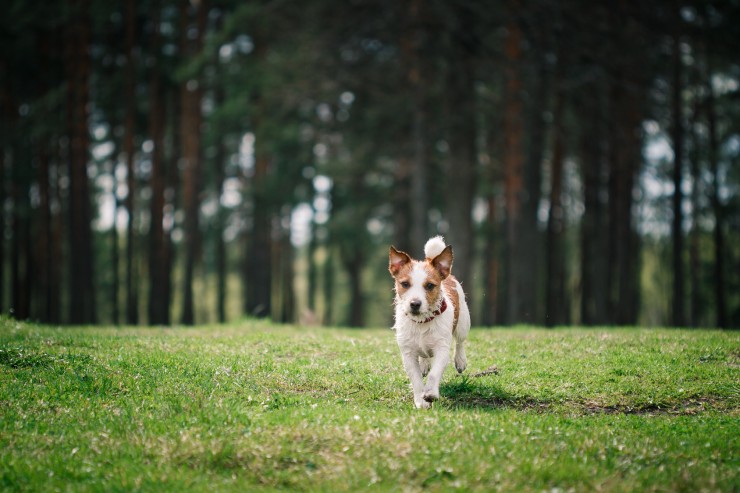 Five Top Tips For Controlling Your Dog Off The Lead
Five Top Tips For
Five Top Tips For Controlling Your Dog Off The Lead
Five Top Tips For
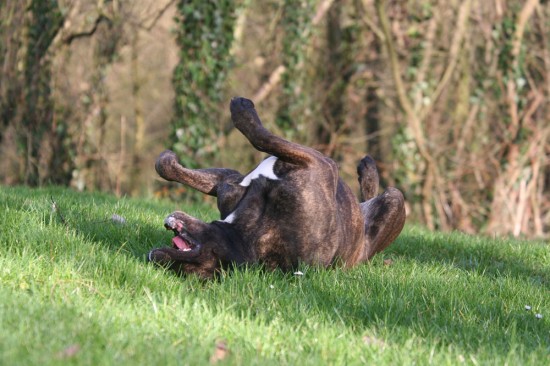 The Secret Language Behind Five Common Dog Behaviours
The Secret Langua
The Secret Language Behind Five Common Dog Behaviours
The Secret Langua
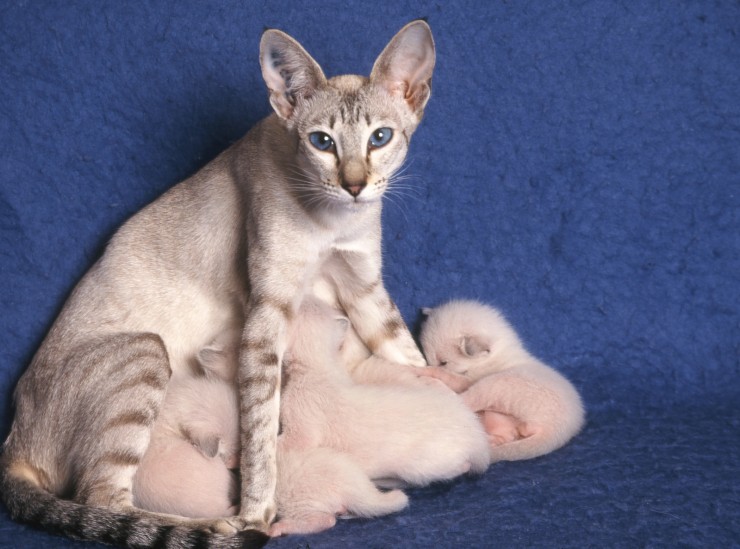 Cat Pregnancy - A Week By Week Pregnancy Calendar
Cat Pregnancy - A
Cat Pregnancy - A Week By Week Pregnancy Calendar
Cat Pregnancy - A
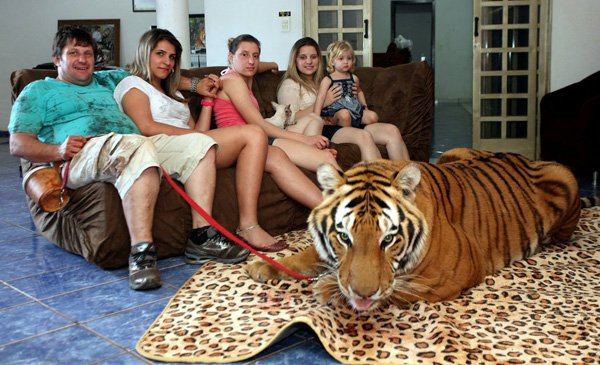 Why You Should Train Your Male Golden Retriever Puppies With Care?
Why You Should Train Your Male Golden Retriever Puppies Wi
Why You Should Train Your Male Golden Retriever Puppies With Care?
Why You Should Train Your Male Golden Retriever Puppies Wi
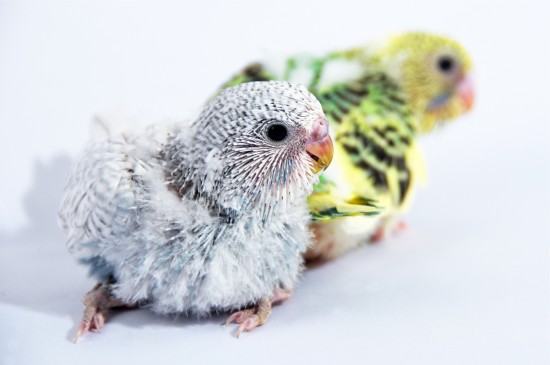 How To Breed Budgies
How To Breed Budg
How To Breed Budgies
How To Breed Budg
Copyright © 2005-2016 Pet Information All Rights Reserved
Contact us: www162date@outlook.com